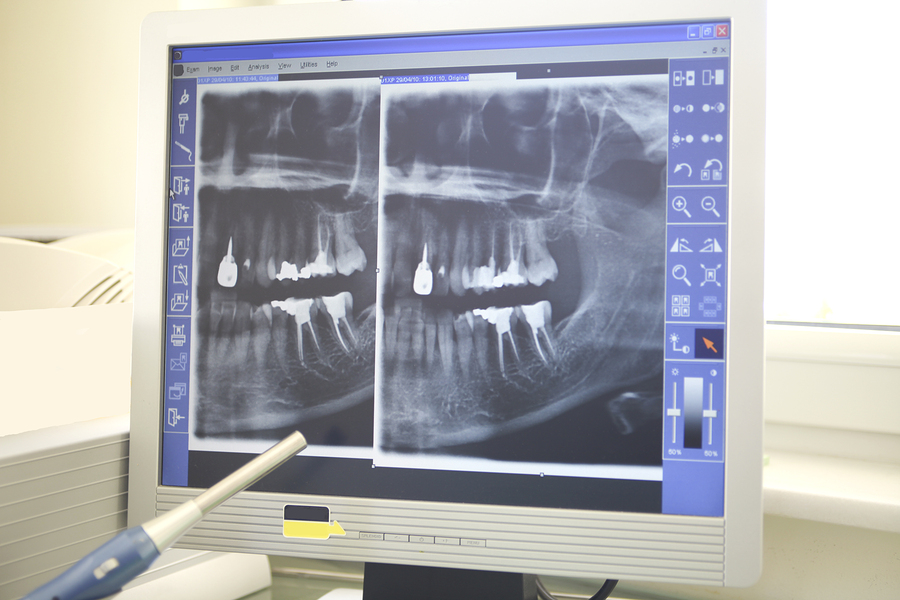
by Dr. Jacqueline S. Allen | Jun 2, 2014 | Blog, Endodontics, Root Canal
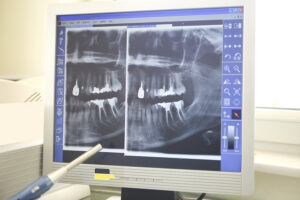 A root canal treatment is a very effective way to save a damaged tooth, according to Jacqueline S. Allen, D.D.S., M.S. of Phoenix Endodontic Group. How do you know if you may need the procedure? The answer is sometimes very obvious!
A root canal treatment is a very effective way to save a damaged tooth, according to Jacqueline S. Allen, D.D.S., M.S. of Phoenix Endodontic Group. How do you know if you may need the procedure? The answer is sometimes very obvious!
Your tooth is composed of a hard shell (enamel), a soft inner material (pulp), many nerves and blood vessels, and the tooth’s root, which extends into the gums. Generally the tooth’s exterior protects the vulnerable insides from harm but occasionally a breach occurs.
A crack or chip, a cavity, dental disease, and decay can strike, allowing bacteria to invade the interior of the tooth. When this occurs, symptoms usually tell the tale. Temperature sensitivity, a pimple forming on the side of the tooth, pain when biting, swelling, throbbing, and waking up at night with tooth pain are all signs you may need a root canal, says Dr. Allen. You may not see visible changes, but chances are good that you’ll be experiencing the problem in other ways.
Occasionally a patient comes to an Endodontist with no outward symptoms but the damage is already significant. This is a great example of why seeing your family dentist for regular checkups is very important for early identification of trouble. By performing twice-yearly exams including bite-wing x-rays, your dentist should be able to see warning signs in their infancy and refer you to Dr. Allen’s office for treatment.
Many people have avoidance when it comes to tooth trouble, but this behavior can only make things worse. The tooth will not recover on its own once the decay has begun to destroy the tooth, and Pain, swelling, and possible loss of the tooth is the cost of delaying treatment, Dr. Allen states. The root canal procedure may need to be more extensive if decay is allowed to progress, so getting in quickly for treatment is really your best plan of attack.
If you’ve been suffering with tooth pain or other symptoms, call Phoenix Endodontic Group to schedule your appointment with Dr. Allen. Under her expert care, your tooth will be as good as new!

by Dr. Jacqueline S. Allen | May 19, 2014 | Blog, Endodontics, Endodontist, Featured
Dental emergencies can happen in a split second, and can quickly result in lost teeth. Cracked teeth should send you running for a dental professional immediately since a crack can allow dangerous bacteria to invade, causing sensitivity, decay and tooth loss. How can you avoid cracking or fracturing your teeth? It’s simpler than you might think, according to Dr. Jacqueline S. Allen of Phoenix Endodontic Group.
Protect Yourself
“Most cracked or broken teeth are the result of dental trauma, either recently or in the past and no treatment was done at that time,” Dr. Allen says. This includes damage from sports injuries, falls or accidents, or chewing on hard objects or foods. Athletes should ALWAYS use a mouthguard and see the dentist or Endodontist for any dental emergencies that may occur. Never chew on ice or hard objects, and avoid using your teeth to open packages. Falls and accidents are a bit more difficult to prevent, but if you are able to protect your face and mouth when falling, make the attempt to do so.
 Routine Checkups
Routine Checkups
Dr. Allen explains, Dental restorations (fillings) that are 10 years or older should be looked at during a patient’s routine dental care. Fillings can break and chip and thereby expose the remaining tooth structure to potentially further break down. Age and location of prior dental work can play a role in damaged teeth which can lead to a dental emergency. To add to that, a routine dental checkup can identify small cracks that can be easily fixed, preventing them from developing into big problems down the road.
Keep Teeth Strong
The enamel of your teeth is a very hard substance, but one that can be eroded or damaged due to bad habits like soda drinking, eating sugary foods, brushing too hard, and chewing fingernails or ice. Brush with toothpaste that contains fluoride, floss regularly, and talk to your doctor about your calcium and vitamin D intake.
Many dental emergencies can be avoided by using caution and common sense. If you have cracked or fractured teeth already, Dr. Allen is here to help!
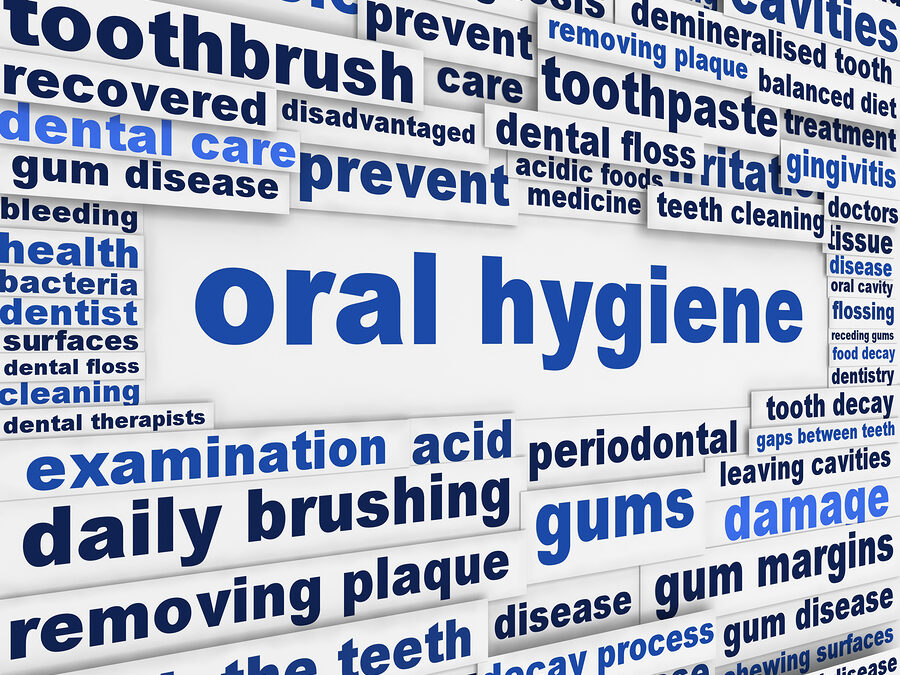
by Dr. Jacqueline S. Allen | May 12, 2014 | Blog, Endodontics, Root Canal
If you’re about to undergo a root canal, you probably have plenty of questions running through your mind. Dr. Jacqueline S. Allen of Phoenix Endodontic Group has performed this procedure countless times and offers this advice to prepare for yours.
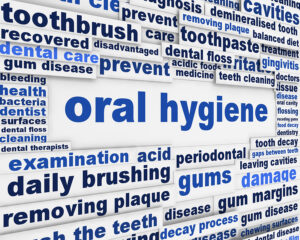 Getting ready for a root canal is mostly about following normal routines for mouth care beforehand. Continue to brush, floss, and rinse to keep your teeth and gums their healthiest before the root canal. The rest of your preparedness tasks are to make sure you have arrangements made for the day of the procedure and your after-care.
Getting ready for a root canal is mostly about following normal routines for mouth care beforehand. Continue to brush, floss, and rinse to keep your teeth and gums their healthiest before the root canal. The rest of your preparedness tasks are to make sure you have arrangements made for the day of the procedure and your after-care.
“Fortunately, most root canals are routine and require no special supplies or medical equipment to use after a procedure is completed,” Dr. Allen says. You’ll want to have on hand whichever pain reliever your medical doctor normally recommends. After a root canal is completed, most patients feel no discomfort at all and some may take a few days to feel before they heal completely, Dr. Allen adds.
“It would be a good idea to schedule your appointment at a time of day that allows you to go home after work, or visit the endodontist prior to work. Most offices are flexible regarding appointment times as long as it is not an emergency,” says Dr. Allen.
Once you’ve been scheduled, think about your post-procedure transportation. Most patients are able to drive themselves home, however “some people are sensitive and apprehensive about dental work, for those patients it is best that they arrange for a driver to take them home after treatment,” Dr. Allen cautions.
“Following the post-op instructions given to you by your endondontist after your root canal is the best way to ensure that you will enjoy a successful outcome. Those instructions can be to take ibuprofen/Tylenol for basic discomfort, take an antibiotic until it is finished (if one is prescribed) and do not chew or eat anything sticky or hard until you have had the permanent crown placed by your general dentist,” states Dr. Allen.
Call today to schedule your root canal with Dr. Allen and Phoenix Endodontic Group for the best result!
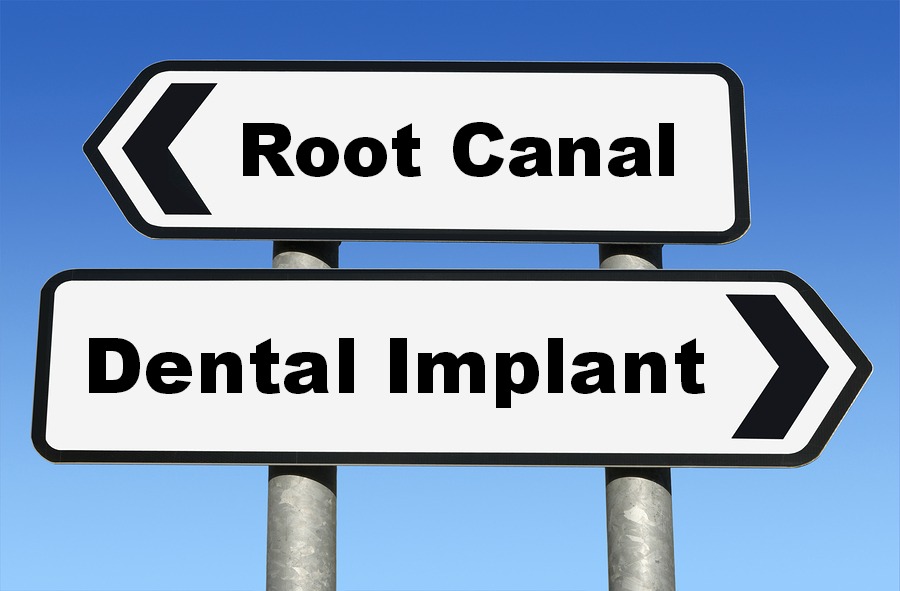
by Dr. Jacqueline S. Allen | May 5, 2014 | Blog, Endodontics, Root Canal
 Most people do have to face the fact that at some point in their life, they will have a tooth that “goes bad”, starts to cause pain and will need to have treatment to make it better. More often than not, a root canal can be performed and gives the patient many years of enjoyment free of pain and discomfort.
Most people do have to face the fact that at some point in their life, they will have a tooth that “goes bad”, starts to cause pain and will need to have treatment to make it better. More often than not, a root canal can be performed and gives the patient many years of enjoyment free of pain and discomfort.
Even though a root canal is a great option for infected or abscessed teeth there may come a point where the patient considers a dental implant as a treatment option. The use of dental implants as a valid option has exploded in the last 10 years. Initially it was touted that extracting a tooth and placing an implant was a “permanent solution.” Studies have shown that implants can and do fail and are far from a permanent solution to tooth pain.
A common debate is “root canal vs. dental implant”, which is best for the patient?
As with many dental questions, there is no one right answer to this question, it depends upon many factors, patient’s age, overall health, opposing tooth and cost. Root canal cost v. implant cost is what we will probe in this article. In general terms, a single tooth implant will cost significantly more than a root canal. Let’s use a molar tooth in this example.
The root canal cost breaks down as follows: Exam, x-ray, root canal, buildup, crown. For a tooth to be fully restored after a root canal, it can take as few as two weeks.
The dental implant cost breaks down as follows: Exam, x-ray, extraction, bone graft, implant surgery, healing abutment and crown. Some dental implants can be placed immediately after extraction, however most of the time the extraction site has to heal for up to six months and the patient uses a stay plate or flipper to fill in the hole. A dental implant is a surgical procedure and the healing time for each patient can vary.
Here are the costs side by side, using the Usual and Customary Fees in the Phoenix, AZ area for endodontists and periodontists for a molar tooth:

There are a lot of variables regarding both procedures, and the example above shows what the costs could be if you needed all of the services listed. The costs shown are representative of the root canal cost and dental implant cost and services in our market. As mentioned above, neither dental implants or root canal treatment will last forever. Before making a treatment choice, a patient should weigh all of the factors involved, speak with their general dentist and endodontist in order to make the most informed decision based on the individual.

by Dr. Jacqueline S. Allen | Apr 28, 2014 | Blog, Endodontics, Endodontist, Featured, General Information
 You probably already know that a twice-yearly dentist visit is a must for a healthy mouth. Why should you consider adding a Phoenix endodontist to your dental care program?
You probably already know that a twice-yearly dentist visit is a must for a healthy mouth. Why should you consider adding a Phoenix endodontist to your dental care program?
“The most common reason a patient needs to see an endodontist is that the patient is in pain or has an abscessed tooth. When a tooth becomes “necrotic” that means that the nerves and tissue inside the tooth are dying. Some people have pain, others do not. When the nerve has died and the patient does not feel it, the tooth may become more susceptible to fracture if left untreated,” says Dr. Jacqueline S. Allen, D.D.S., M.S. of Phoenix Endodontic Group.
An endodontist has advanced tools and equipment to diagnose and treat complex dental cases, plus specialized training. Fractured or chipped teeth, tooth decay, tooth pain, and trauma to the teeth are all examples of issues for which a Phoenix endodontist should be involved. “We treat many patients with complicated cases, and spend as much time and have as many visits as it takes to resolve a patient’s endodontic issue,” Dr. Allen adds.
Not all endodontists are the same, even if they provide the same menu of services. Dr. Allen states that “Phoenix Endodontic Group is a small family business. We strive to treat all patients the way we wish to be treated by our healthcare professionals. Attention to detail and prompt efficient service to patients has led us to develop many lasting relationships with our referring doctors.”
If you are trying to find the RIGHT endodontist, an important detail is the practice’s business approach. Those under insurance contracts may be limited in the services they provide and be encouraged to spend as little time as possible with each patient. “At Phoenix Endodontics, we take a limited amount of insurance contracts, because we feel that in endodontics patient treatment and care can be compromised if insurance companies are dictating what an endodontist can be reimbursed for a procedure,” remarks Dr. Allen.
“Personal attention and top quality care is what a patient will always get from Phoenix Endodontic Group,” Dr. Allen promises. Contact us today to schedule your appointment!
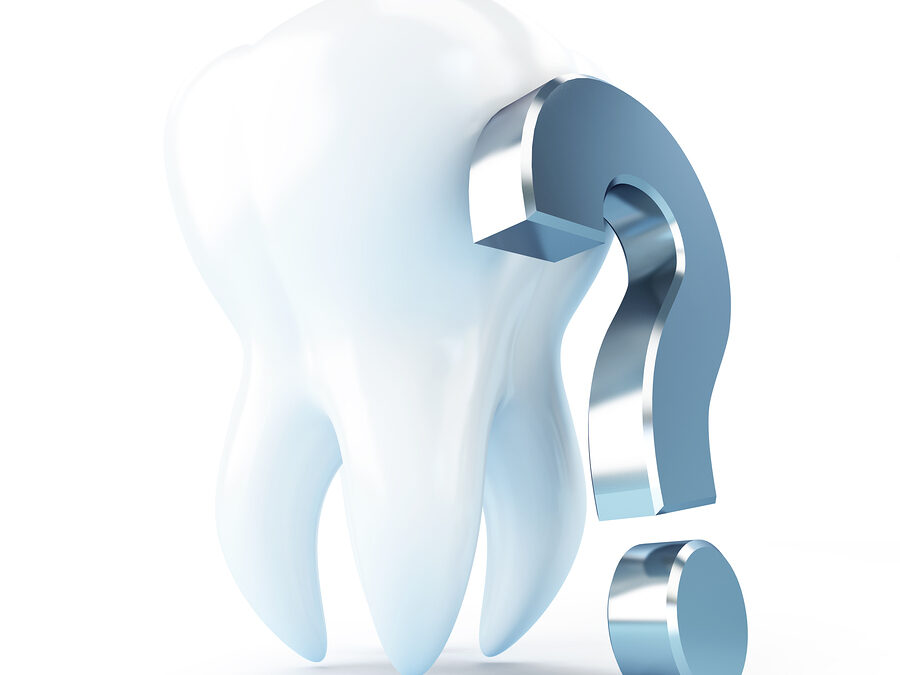
by Dr. Jacqueline S. Allen | Apr 21, 2014 | Blog, Dentistry, Endodontics
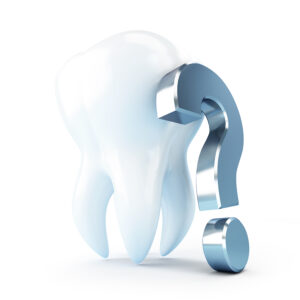 Just about everyone knows how important it is to go to the dentist, but understanding what an endodontist can do for you may not be common knowledge. What is the difference between the services provided by an endodontist versus a regular dentist? Dr. Jacqueline S. Allen of Phoenix Endodontic Group is happy to describe the differences.
Just about everyone knows how important it is to go to the dentist, but understanding what an endodontist can do for you may not be common knowledge. What is the difference between the services provided by an endodontist versus a regular dentist? Dr. Jacqueline S. Allen of Phoenix Endodontic Group is happy to describe the differences.
To help you understand the basics, endodontics is the study of the pulp inside your teeth, where connective tissues, nerves, arteries and veins live. Usually this pulp is protected by your enamel but can become compromised by cracks or cavities, leading to decay. This is where an endodontist saves the day! “The basic dental degrees are DMD (Doctor of Medical Dentistry) and DDS (Doctor of Dental Surgery). The difference is determined by the curriculum at the Dental School where the dentist attended. To become an Endodontist (Specialist), a dentist needs to attend a two year specialty program for an Endodontic Certificate or a three year program for a Masters Degree in Endodontics. Endodontists that only have DDS or DMD after their name have a certificate, Endodontists that have MS or MSD after their name have a Masters Degree in Endodontics.” says Dr. Allen, whose credentials are D.D.S., M.S.
While a general dentist may be able to perform procedures such as a root canal, he or she may only do a few of these per week and on simpler tooth structures. “Molar teeth and any retreatments are best performed by Endodontists. Molar teeth can have unique anatomy which makes finding all of the canals tricky, especially if the dentist does not use surgical microscopes when performing their procedures,” says Dr. Allen. “Surgical microscopes, Apex locaters, Cone Beam Computerized Tomography (CBCT) are all tools employed by endodontists to make the root canal experience as worry-free as possible for the patient.”
Generally, everyone needs to see a dentist twice a year for cleanings and exams. When your dentist identifies an issue more complex than he or she has the equipment or training to complete, you will be referred to an endodontist. For any question regarding the comfort or health of your teeth, call Phoenix Endodontic Group today!

 A root canal treatment is a very effective way to save a damaged tooth, according to Jacqueline S. Allen, D.D.S., M.S. of Phoenix Endodontic Group. How do you know if you may need the procedure? The answer is sometimes very obvious!
A root canal treatment is a very effective way to save a damaged tooth, according to Jacqueline S. Allen, D.D.S., M.S. of Phoenix Endodontic Group. How do you know if you may need the procedure? The answer is sometimes very obvious!

 Routine Checkups
Routine Checkups
 Getting ready for a root canal is mostly about following normal routines for mouth care beforehand. Continue to brush, floss, and rinse to keep your teeth and gums their healthiest before the root canal. The rest of your preparedness tasks are to make sure you have arrangements made for the day of the procedure and your after-care.
Getting ready for a root canal is mostly about following normal routines for mouth care beforehand. Continue to brush, floss, and rinse to keep your teeth and gums their healthiest before the root canal. The rest of your preparedness tasks are to make sure you have arrangements made for the day of the procedure and your after-care.
 Most people do have to face the fact that at some point in their life, they will have a tooth that “goes bad”, starts to cause pain and will need to have treatment to make it better. More often than not, a root canal can be performed and gives the patient many years of enjoyment free of pain and discomfort.
Most people do have to face the fact that at some point in their life, they will have a tooth that “goes bad”, starts to cause pain and will need to have treatment to make it better. More often than not, a root canal can be performed and gives the patient many years of enjoyment free of pain and discomfort.

 You probably already know that a twice-yearly dentist visit is a must for a healthy mouth. Why should you consider adding a Phoenix endodontist to your dental care program?
You probably already know that a twice-yearly dentist visit is a must for a healthy mouth. Why should you consider adding a Phoenix endodontist to your dental care program?
 Just about everyone knows how important it is to go to the dentist, but understanding what an endodontist can do for you may not be common knowledge. What is the difference between the services provided by an endodontist versus a regular dentist? Dr. Jacqueline S. Allen of
Just about everyone knows how important it is to go to the dentist, but understanding what an endodontist can do for you may not be common knowledge. What is the difference between the services provided by an endodontist versus a regular dentist? Dr. Jacqueline S. Allen of